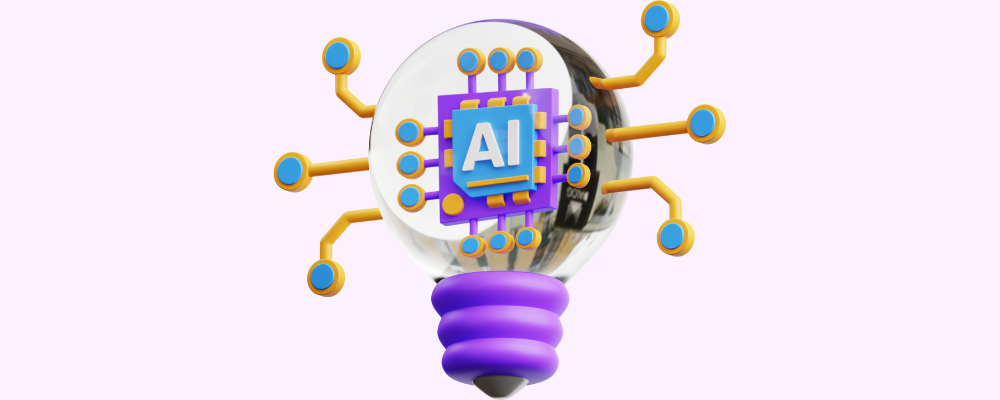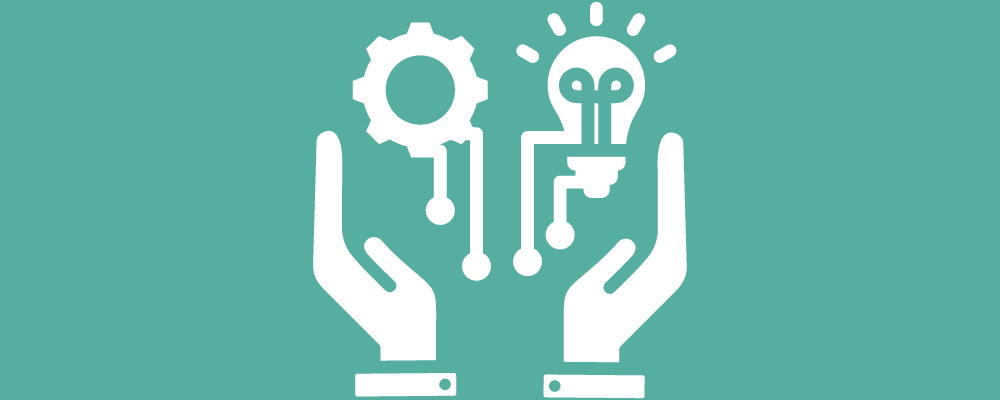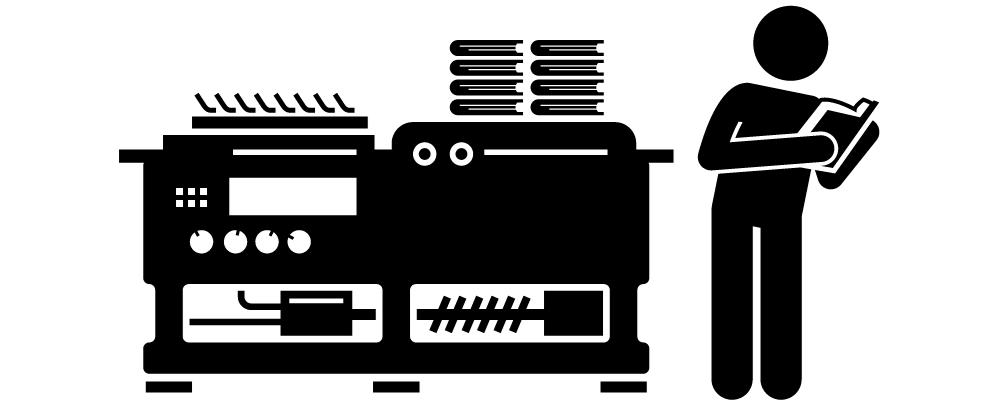Graduated in Italian literature, Elisa Molinari has been working at the Italian Publishers Association since 2011, taking part at national and EU projects devoted to digital publishing as TISP – Technology Innovation for Smart Publishing and Aldus – The European Bookfairs network. Since 2013 she has been working with Fondazione LIA where she is responsible of events, training activities, and projects aimed at spreading the culture of accessibility.
Elisa Molinari will join us at Tech Forum 2020 on March 23 for a session called Towards an accessible digital publishing ecosystem.
Clara, Fondazione LIA consultant: “I've been blind from birth and reading has always been a passion of mine, since I was a very small child. And when I was little, though I swear it was not the Stone Age, books were mostly still made of paper. I devoured them as if they were delicious cakes, but I couldn't just buy one at the bookshop around the corner, and I usually had to wait impatiently before I got them delivered from one of the few braille-printing libraries across Italy. Sometimes I had to read what was available at the given moment: that's why I had already read Moby Dick by Herman Melville, at the age of six. An extremely powerful book for sure, but not exactly made for a six-year-old! You can then imagine my extreme joy when I learned to use computers and, even more, braille displays. Not to mention how ebooks have changed my life!”
Clara is 32 years old — so definitely not from the Stone Age! — and is a translator and interpreter, as well as consultant to Fondazione LIA, the Italian non-profit organization promoting accessibility in the publishing field with consultancy, training, and awareness-raising activities to make the publishing sector embrace accessibility as a core element of its digital strategy.
Fondazione LIA’s goal is to enable people with visual disability or those who struggle to read published printed products to choose how, when, and above all what to read, thus fostering their social integration and active participation in the fields of culture, education, and work.
Clara’s reading experience shows how developments in digital technology have widened opportunities to access books by print-impaired readers. Until recently, accessible versions have been produced only on an ad hoc basis by specialist structures, on demand from individual users, at high cost, and with long wait times.
Luckily, accessibility is becoming increasingly important in the publishing industry. Thanks to the opportunities offered by new standards and digital reading technologies, a new paradigm is emerging that allows publishers to produce born-accessible digital publications and distribute them through traditional distribution channels, so that people with print disabilities can enjoy and benefit from the same opportunities and wide choice as any other reader.
Back in 2013 in Italy, LIA created an accessible ecosystem in which publishers produce born-accessible ebooks. The catalogue of all the commercial accessible titles is available on a fully accessible website www.libriitalianiaccessibili.it — now featuring more than 24,000 ebooks. ONIX metadata on accessibility are produced, distributed, and presented to end users, thanks to the collaboration of the various stakeholders: publishers, the Books in Print catalogue, and digital sales and lending platforms.
Starting from the commitment of publishers, LIA took advantage of digital innovation’s potential by applying the born-accessible principle, creating digital publishing products that are accessible from their very first publication, with the collaboration of more than 70 Italian publishing imprints.
To fulfill this new paradigm, the production of born-accessible publications is crucial, but it's just the first step. Providing print-impaired people with the same reading opportunities of any other reader requires that the whole publishing ecosystem is accessible. Consequently, not only publishers, but all the different actors in the value chain should consider accessibility as a pivotal and strategic aspect:
content producers;
aggregators and digital distributors;
online bookstore and platforms;
developers of reading solutions; and
organizations managing the Books in Print catalogues.
Using Fondazione LIA’s paper, E-books for all: Towards a digital publishing ecosystem, as a starting point, Elisa Molinari’s presentation at Tech Forum on March 23, 2020 in Toronto will provide an overview of the different aspects involved for all the players in the book value chain that want to embrace accessibility.
Starting from the insights learned through LIA’s journey towards the creation of an accessible digital ecosystem (projects, R&D activities, events, working groups, training), Elisa will focus on the issues that still need to be solved and the description of the role each actor of the value chain may play in an accessible ecosystem.
You can find more details about the conference here, or sign up for the mailing list to get all of the conference updates.
[Editor’s note: Due to the COVID-19 pandemic, this Tech Forum session was delivered online. You can watch the recording below.]















Watch Tech Forum recordings for the first time or re-watch them at your leisure.